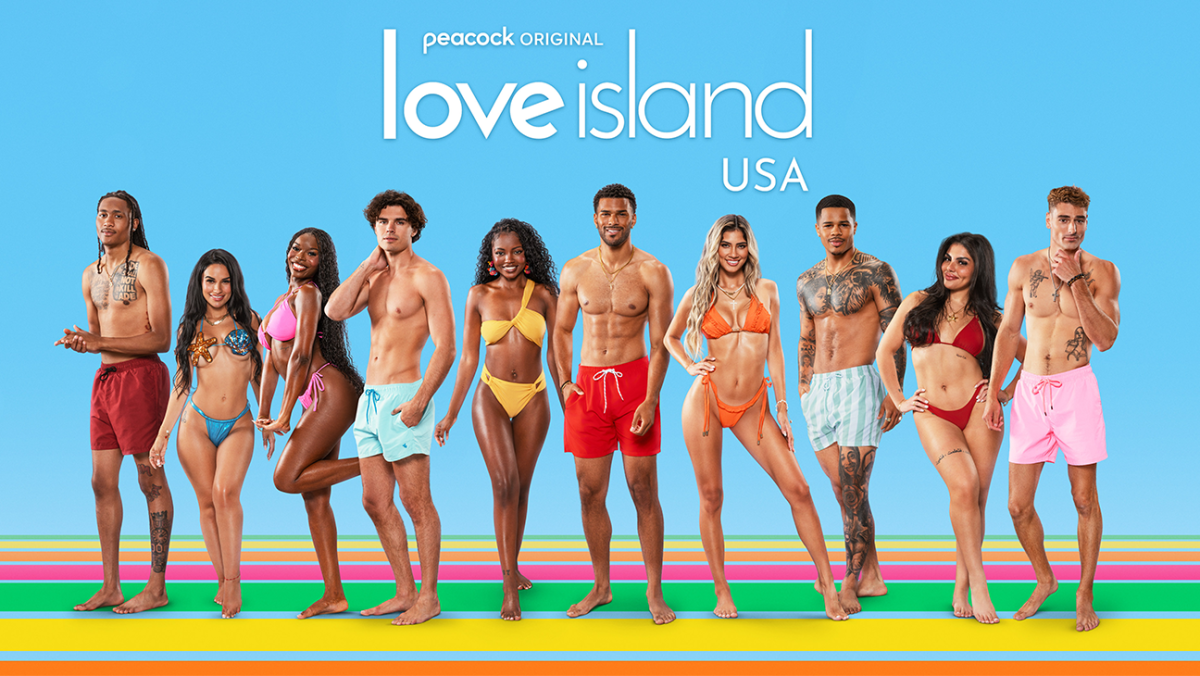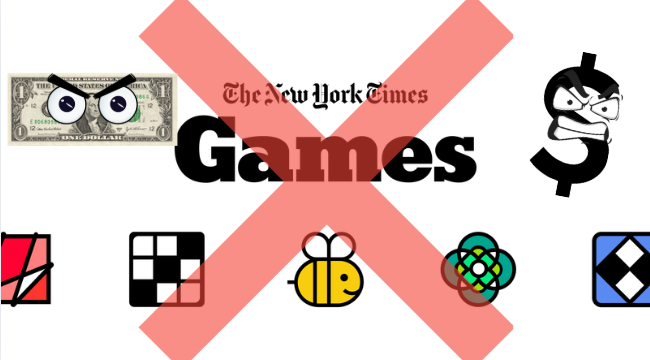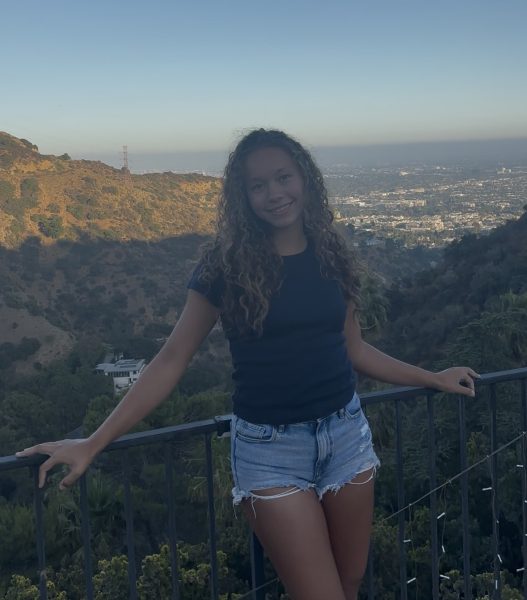Peacock’s most-watched original series to date, Love Island season seven, amassed over 18.4 billion minutes streamed this past summer. The show followed young singles and their “journeys” to find love through spicy challenges, awkward conversations, and most of all: drama. The views rely on blowups, sex appeal, and uncomfortable moments, but what about the cast members? In just this past season, they faced unprecedented attention as they gained millions of followers overnight, launching them into influencer fame whether or not they actually found romance or their so-called “love”.
That’s where the real story begins: Love Island isn’t just a dating show. It’s a cultural force shaping how people, especially teenagers, see relationships, entertainment, and even themselves.
Love Island is as much about social media as it is about love. Contestants know that one viral moment can turn into brand deals and thousands of followers. Winning the prize money is optional; winning attention seems to be the goal.
But the internet is unforgiving. An argument, a slip-up, or even just a bad look becomes material for memes. In addition, fans form parasocial relationships, and decide who deserves “protection” or who should be dragged, like the situations regarding Huda, when early on in the season many felt personally disrespected or manipulated my her but as the season continued, even more came to her defense and began pursuing other cast members, accusing them of having those same qualities. What feels like entertainment to viewers often turns into harassment campaigns against real people trying to navigate real emotions under a bright light.
For teens, the show creates a distorted picture of relationships. Contestants are almost always “conventionally attractive”, which reinforces narrow beauty standards. The show rarely celebrates kindness or maturity, instead, it rewards who’s the most dramatic or explosive.
Ideas like those previously mentioned seep into how viewers think about dating. Miscommunication, jealousy, and betrayal are exaggerated for ratings, but when teenagers see those patterns repeated, it normalizes the idea that toxic behavior is part of modern day romance. And since couples break up and make up in a matter of hours, it gives the impression that relationships are disposable: something you can just swap out for the next best thing, which isn’t true in the slightest.
Not only that, but it’s worth noting that Love Island is one of the most complained-about reality shows in the U.K., according to media regulators. Many complaints revolve around how unhealthy behavior is both not only shown and spotlighted for entertainment.
As a watcher, I’ve found myself wondering, if the messages are so questionable, why can’t I and many others stop watching? Because it’s fun. Love Island is built on cliffhangers and guilty-pleasure drama. Watching it feels like eating your favorite junk food: you know it’s not good for you, but it’s addictive.
Moreover, reactions to the show have been hurtful for the cast.Former contestants have lost the battle with depression multiple times because of the pressure and recent ones have even spoken about the mental health struggles that come with the sudden fame and constant criticism. Viewers aren’t immune either. Seeing unrealistic beauty standards and chaotic relationships week after week can quietly shape how people feel about their own lives.
There’s no easy answer to these problems, though. On one hand, it’s entertaining and creates a sense of community. On the other, it glamorizes shallow dating dynamics and puts contestants under massive pressure. For teenagers still figuring out what relationships should look like, that influence can be dangerous if taken too seriously.
However, the problem isn’t just the show: it’s how we consume it. If viewers remember that Love Island is edited for maximum drama, not reality, it can stay just that: entertainment. The trouble starts when we treat it like a dating handbook.
Love Island isn’t going away anytime soon. With billions of minutes streamed and an ever growing fan base, it has created a place for itself in pop culture. For high school students, the challenge is to enjoy the messy fun without letting it dictate what love “should” be.









